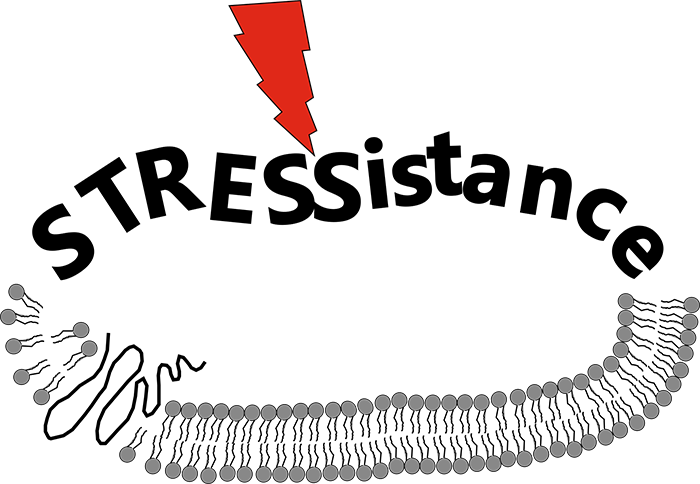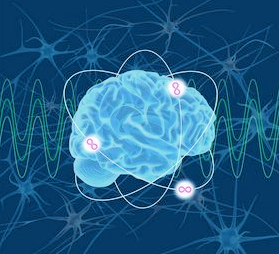Our behavior is controlled by neuronal circuits in the brain. Disruptions at the molecular level can lead to stereotypic behavior, e.g. in neuropsychiatric disorders such as obsessive-compulsive and autism spectrum disorders. A team of researchers, including our PhD student Alexandra Hilse and her PI Tanja Maritzen (Nanophysiology), has now shown that the failure of two proteins (intersectin1 and intersectin2) leads to impaired excitation transmission in the brain and compulsive repetitive behavior in mice, which is also seen in patients with intersectin1 mutations. This further confirms that such defects can cause neuropsychiatric disorders. The study appeared in the peer reviewed journal of the National Academy of Sciences (Proceedings of the National Academy of Sciences, PNAS). Congratulations, Alexandra and Tanja! Well done. (Illustration: FMP, Claudia Knorr)
Vollweiter D, Shergill JK, Hilse A, Kochlamazashvili G, Koch SP, Muelle S, Boehm-Sturm P, Haucke V, Maritzen T (2023) Intersectin deficiency impairs cortico-striatal neurotransmission and causes obsessive–compulsive behaviors in mice. PNAS 120, e2304323120, https://doi.org/10.1073/pnas.2304323120
For further information, please visit the RPTU press release of August 22, 2023.

